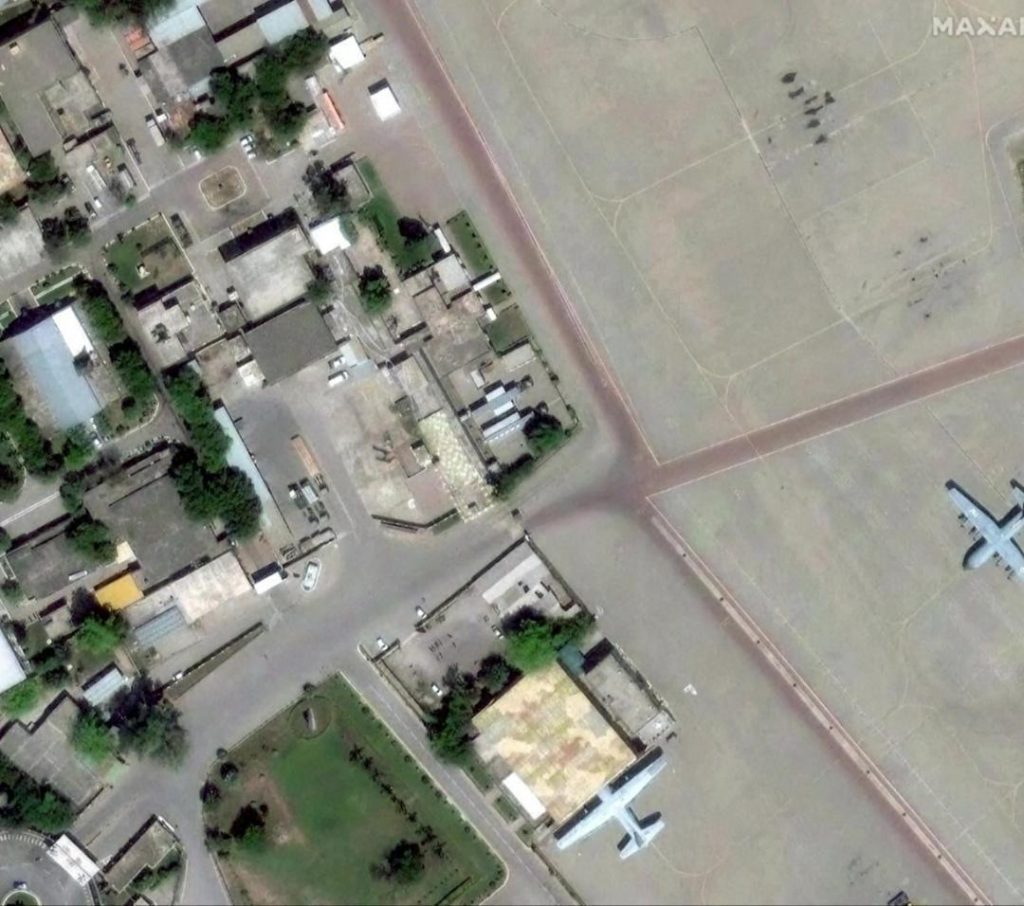
Air Defence Systems of China & Pak No Match for India’s BrahMos: Expert
The recent Operation Sindoor, carried out by the Indian Air Force (IAF) in Pakistan, has sent shockwaves across the region, showcasing the precision and effectiveness of India’s BrahMos missile system. According to American urban warfare expert, Colonel (Retd) John Spencer, the defence systems of China and Pakistan are no match for India’s BrahMos missile.
In an interview, Colonel Spencer praised India’s military capabilities, stating that the BrahMos missile has proven to be a game-changer in precision strikes. “Chinese air defence systems and missiles are sub-par vis-à-vis India’s systems…India’s message was clear. It can hit anywhere in Pakistan anytime,” he said.
The BrahMos missile, developed in collaboration with Russia, has been a crucial component of India’s defence strategy. With its supersonic speed and advanced guidance system, the BrahMos has proven to be a formidable weapon in the hands of the IAF. The recent operation saw the BrahMos being used to precision-strike Pakistan’s air bases, causing significant damage and sending a strong message to the Pakistani military.
China and Pakistan have been working together to develop their own air defence systems, but according to Colonel Spencer, they are no match for India’s BrahMos. “China’s air defence systems are not as advanced as they claim to be. They are still working on developing a credible air defence system, and Pakistan’s system is even more primitive,” he said.
The Pakistani Air Force (PAF) has been relying heavily on Chinese-made F-16 fighter jets and Chinese air defence systems, including the FD-2000 surface-to-air missile system. However, these systems have been shown to be ineffective against the BrahMos missile.
The BrahMos missile has been designed to penetrate even the most advanced air defence systems, making it a highly effective weapon in the hands of the IAF. The recent operation has demonstrated the capability of the BrahMos to precision-strike high-value targets, including enemy air bases.
Colonel Spencer’s comments come at a time when tensions between India and Pakistan are running high. The recent escalation of tensions has seen both countries engaging in a war of words, with each side accusing the other of aggression.
India’s military has been on high alert, with the IAF carrying out regular sorties along the Pakistan border. The Pakistani military has also been mobilizing its troops, with the threat of a full-scale war looming large.
The BrahMos missile has been a key component of India’s defence strategy, and its effectiveness has been demonstrated time and again. In 2019, the BrahMos was used to precision-strike a terrorist camp in Pakistan, killing over 300 terrorists.
The Chinese and Pakistani air defence systems, on the other hand, have been shown to be ineffective against the BrahMos. In 2019, Pakistan’s air defence system was unable to intercept a BrahMos missile, which was used to precision-strike a terrorist camp.
The recent operation has sent a strong message to China and Pakistan, demonstrating the capability of India’s military to precision-strike high-value targets. The BrahMos missile has proven to be a game-changer in precision strikes, and its effectiveness has been demonstrated time and again.
In conclusion, Colonel Spencer’s comments highlight the superiority of India’s BrahMos missile system over the air defence systems of China and Pakistan. The BrahMos has proven to be a highly effective weapon in the hands of the IAF, and its effectiveness has been demonstrated time and again.



